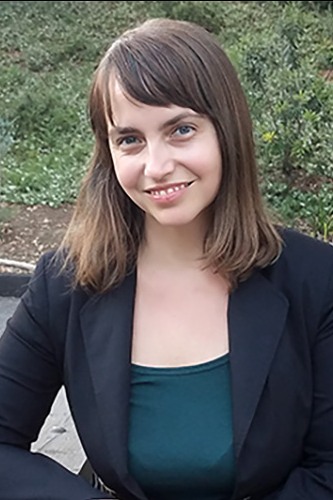
Rachel Wetts
Office Hours: Thursdays 1:00-3:00pm in IBES 305 by appointment
Biography
Rachel Wetts is the Acacia Assistant Professor of Environment and Society and Sociology at Brown University. Her research examines how cultural and social psychological processes interact with systems of power and privilege to shape American politics. She focuses on two areas of American politics with profound consequences for contemporary American society and for societies across the globe: the politics of white racial resentment, and the problem of stalled political action to address climate change.
In each of these areas, she examines how elite-public interactions shape how we understand, discuss, and respond to large-scale changes in social relations and the natural world. For example, in one line of research, she investigates how American organizations have framed the issue of climate change, and how cultural and organizational processes affect which conceptions of climate change become dominant in mainstream media. In another line of work, she studies how political elites activate and harness feelings of racial prejudice.